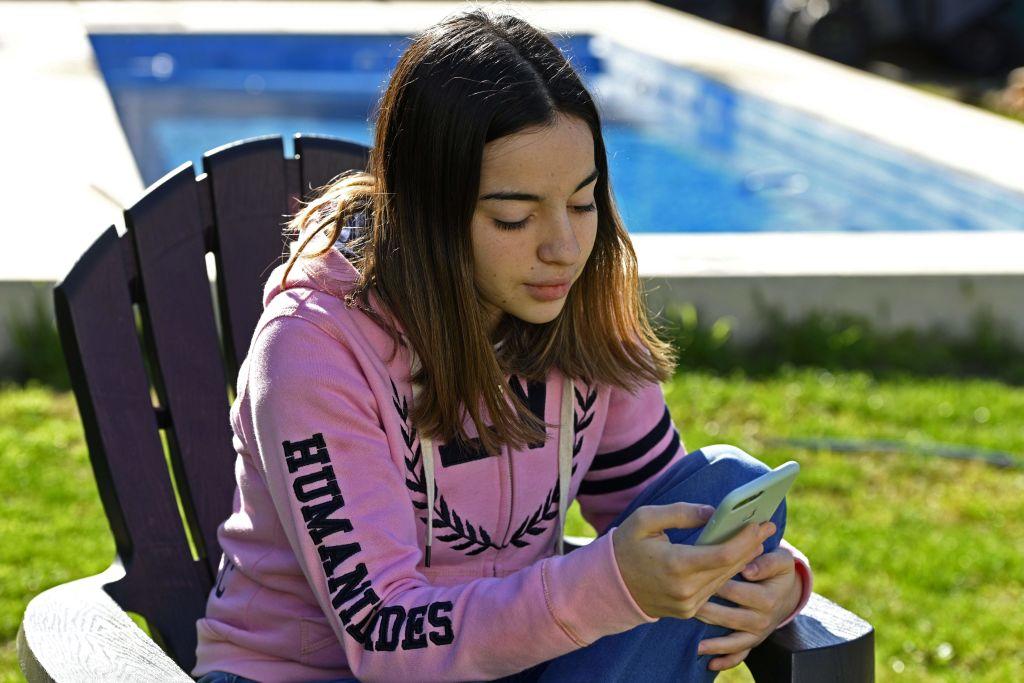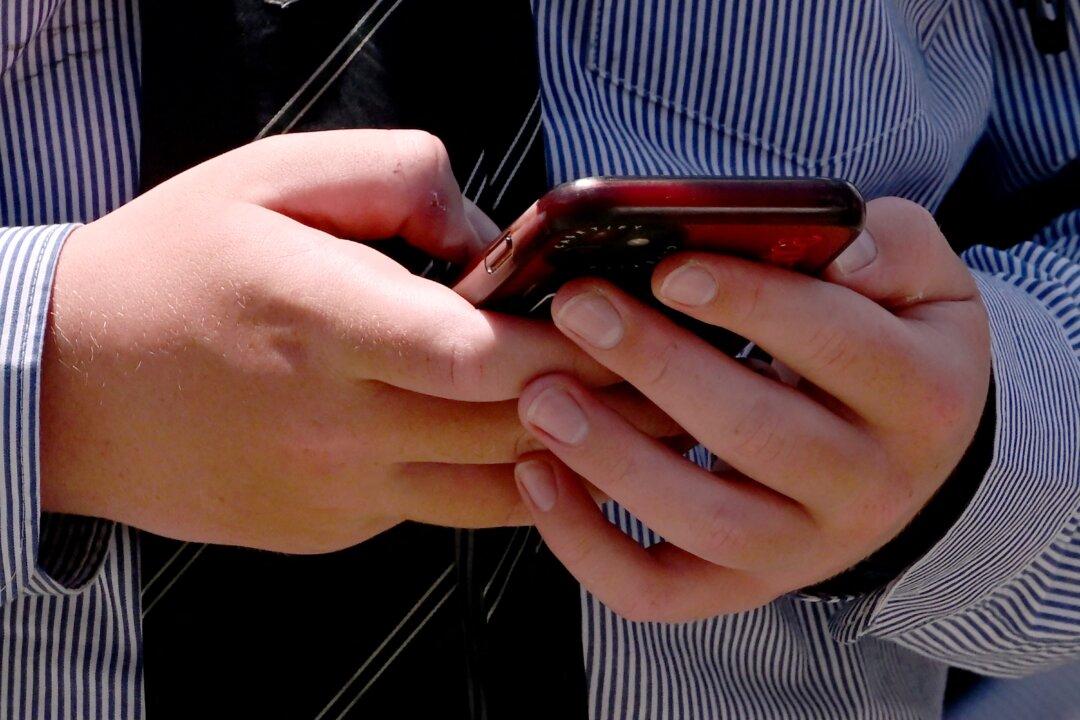Children’s use of social media is a considerable worry for many parents and political figures, and there is much evidence to support their concerns.
In Australia, discussions have been made for an age-restricted ban on social media, and both Australian Prime Minister Anthony Albanese and Opposition Leader Peter Dutton have advocated for banning social media for children under 16.




